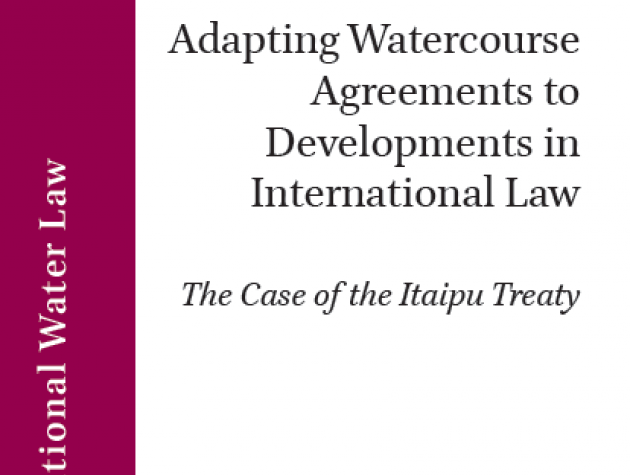GEG WP 2016/119 Commercial Diplomacy and American Foreign Policy
Abstract
Throughout much of the 20th century, American diplomats had little incentive to invest time and effort in commercial diplomacy. Since 1990, however, commercial diplomacy has (re)emerged as a priority in American foreign policy, despite the fact that American businesses are increasingly empowered to act as independent agents in the global economy. This paper examines the rise of commercial objectives in contemporary American diplomacy. I argue that since the end of the Cold War, the historical tension between supporting American businesses abroad and pursuing a strategic foreign policy has evaporated; today, diplomatic interventions to support businesses abroad strengthen the American foreign policy objective of promoting investment climate reforms in developing countries. Specifically, interventions in investment disputes provide American diplomats with valuable private information on a given host state’s commitment to liberal economic policies, and serve as focal points for discussions on the importance of a strong investment climate. This argument is supported by two case studies of American diplomatic (non)interventions in investment disputes in Ukraine and Liberia. The findings suggest a persistent role for diplomacy in the modern investment regime, despite the availability of investor-state arbitration as a mechanism for resolving investment disputes.







